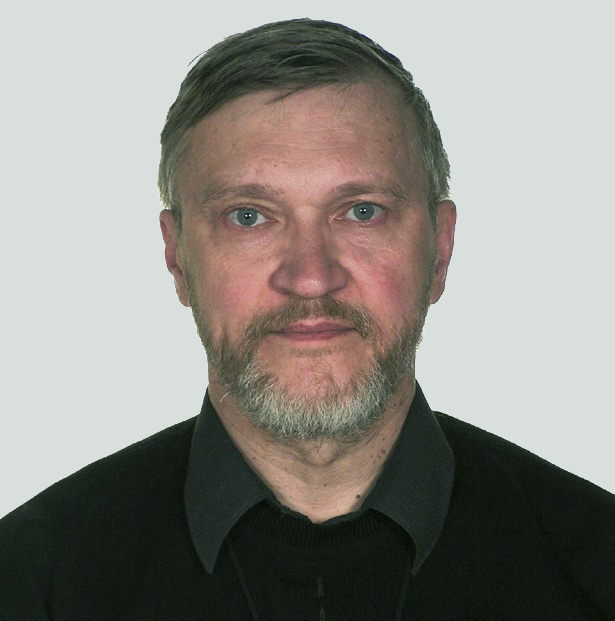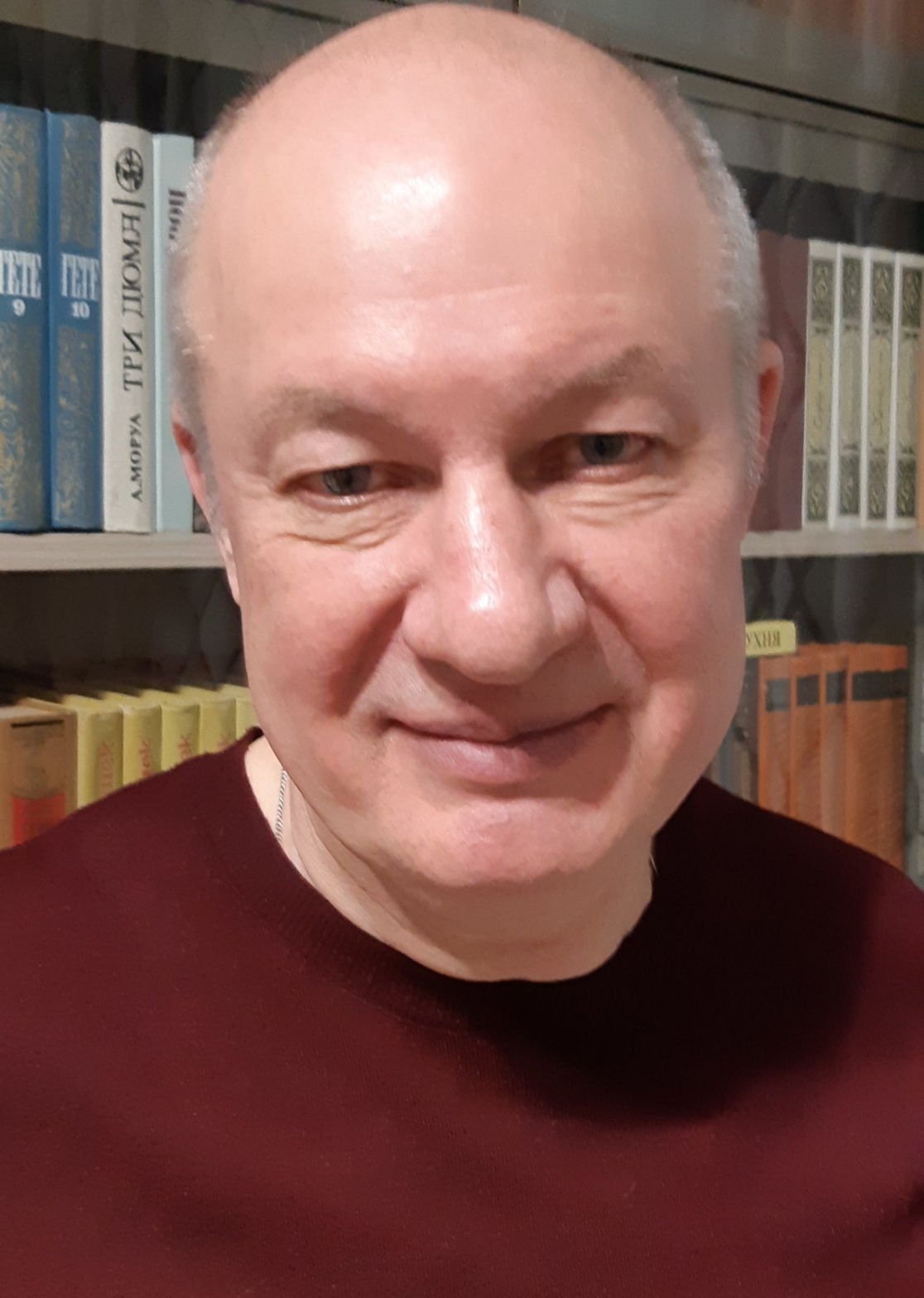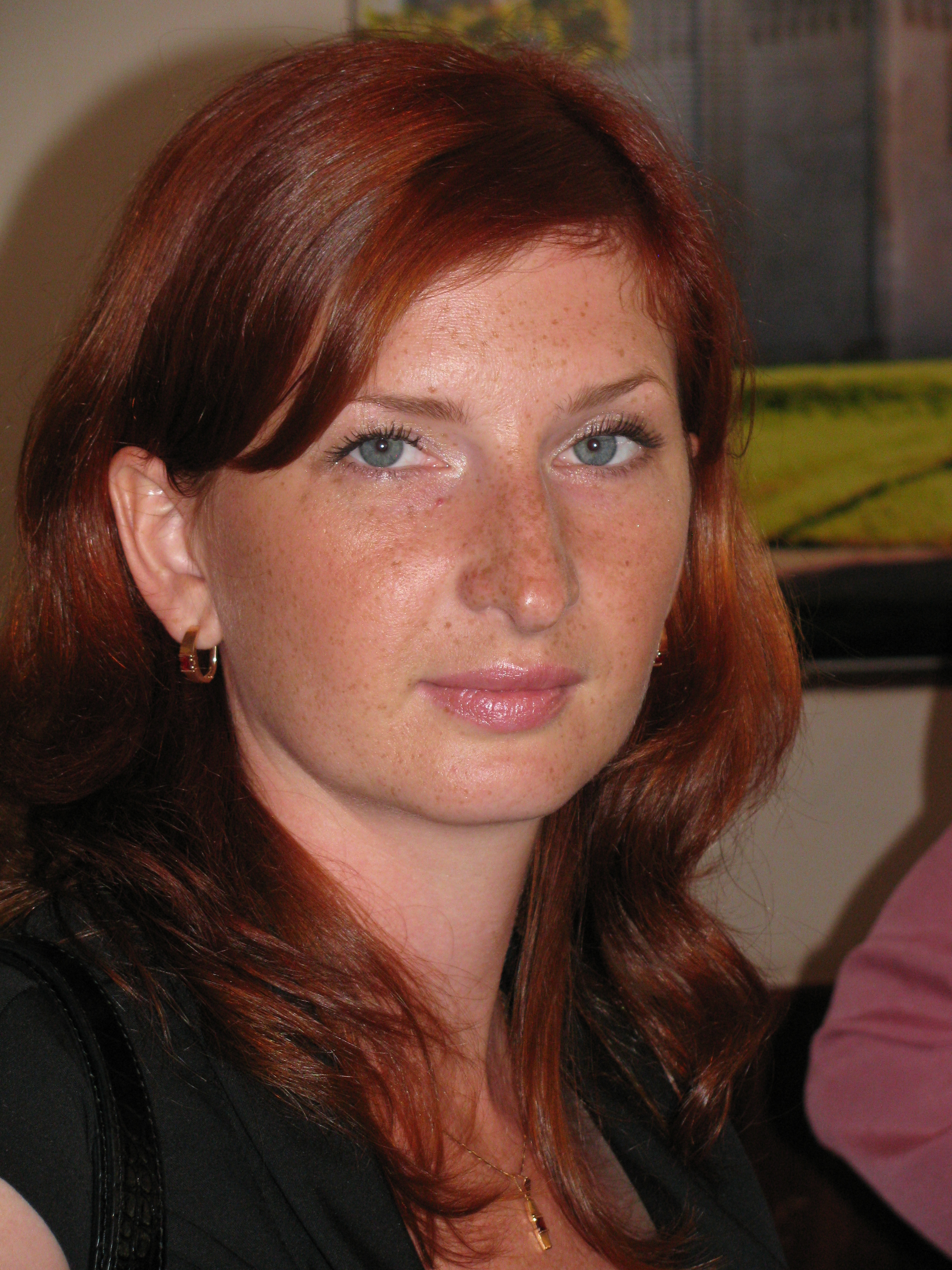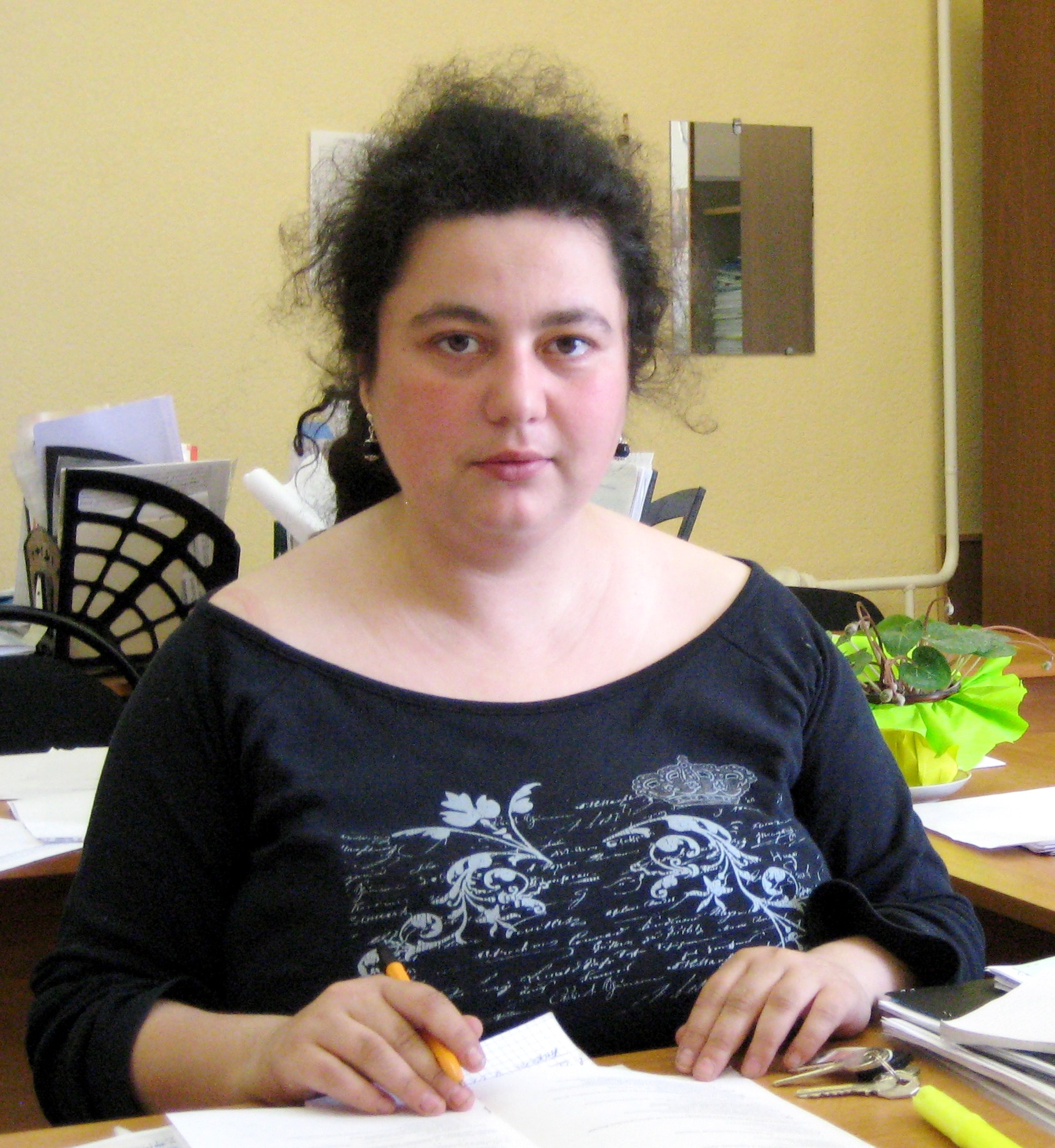The history of the 19th and 20th centuries has highlighted a number of specific aspects of the phenomenon of religious identity, the roots of which can be traced back to the Reformation. The “language of respondents” (“language of the first order”) and “language of experts” (“language of the second order”) are distinguished, differing as observation of reality and observation of observers of reality. The study analyzes ideas about “us”, “them”, global, local, and glocal on materials from Belarus and Russia in comparison with materials from Germany. The article considers alternative forms of personal and group identification, which have gone through a number of historical stages of their relationships, having retained their significance to the present time, often interpreted as a relationship of absolute “good” with absolute “evil”, while in one case one religion is “good”, and in a friend – another.
Keywords: religious identity, “us”, “them”, global, local, glocal, Belarus, Germany, Russia
DOI: 10.22250/2072-8662.2021.2.75-86
About the author
 |
Evgeniy I. Arinin – DSc (Philosophy), Professor, Head of the Department of Philosophy and Religious Studies, Vladimir State University; |
 |
Alexander Yu. Bendin – DSc (History), Professor, Institute of Theology of the Belarusian State University; |
 |
Natalia M. Markova – PhD (Philosophy), Associate Professor, Assistant Professorof the Department of Philosophy and Religious Studies, Vladimir State University 600026, 87 Gorkogo str., Vladimir, Russia; This email address is being protected from spambots. You need JavaScript enabled to view it. |
 |
Yulia G. Matushanskaya – DSc (Philosophy), Professor, Institute of Social and Philosophical Sciences and Mass Communications, Kazan Federal University; |






